Biblical Wisdom & Authority: Christianity (SWA)
1/54
There's no tags or description
Looks like no tags are added yet.
Name | Mastery | Learn | Test | Matching | Spaced |
|---|
No study sessions yet.
55 Terms
Disciples
A pupil / student / apprentice of a teacher.
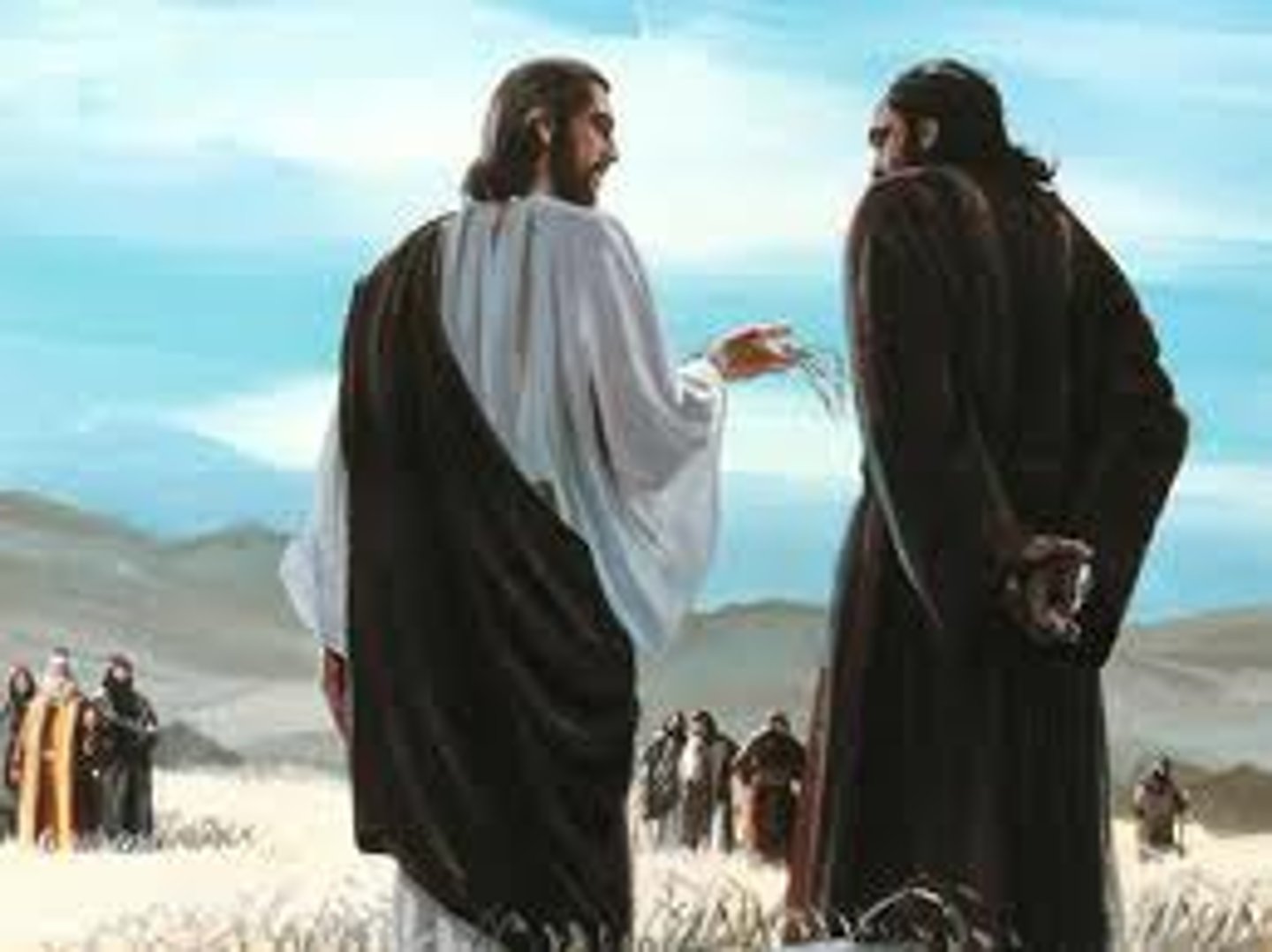
Main disciples of Jesus
His 12 Apostles, but not all disciples were Apostles.
Important points when considering the authority of the Bible
- Many different types of writing in the Bible
- NT books = Handwritten texts produced after Jesus' death and are translations.
- NT texts agreed by Early Church, but many other gospels were omitted.
- Biblical teaching may depend for its authority of key figures.
Many different types of writing in the Bible
Leads to contradictions, e.g. accounts of creation between Genesis 1 and 2.

NT books = Handwritten texts produced after Jesus' death and are translations.
Produced long after Jesus' death and are written in Greek but Jesus was assumed to be Aramaic.
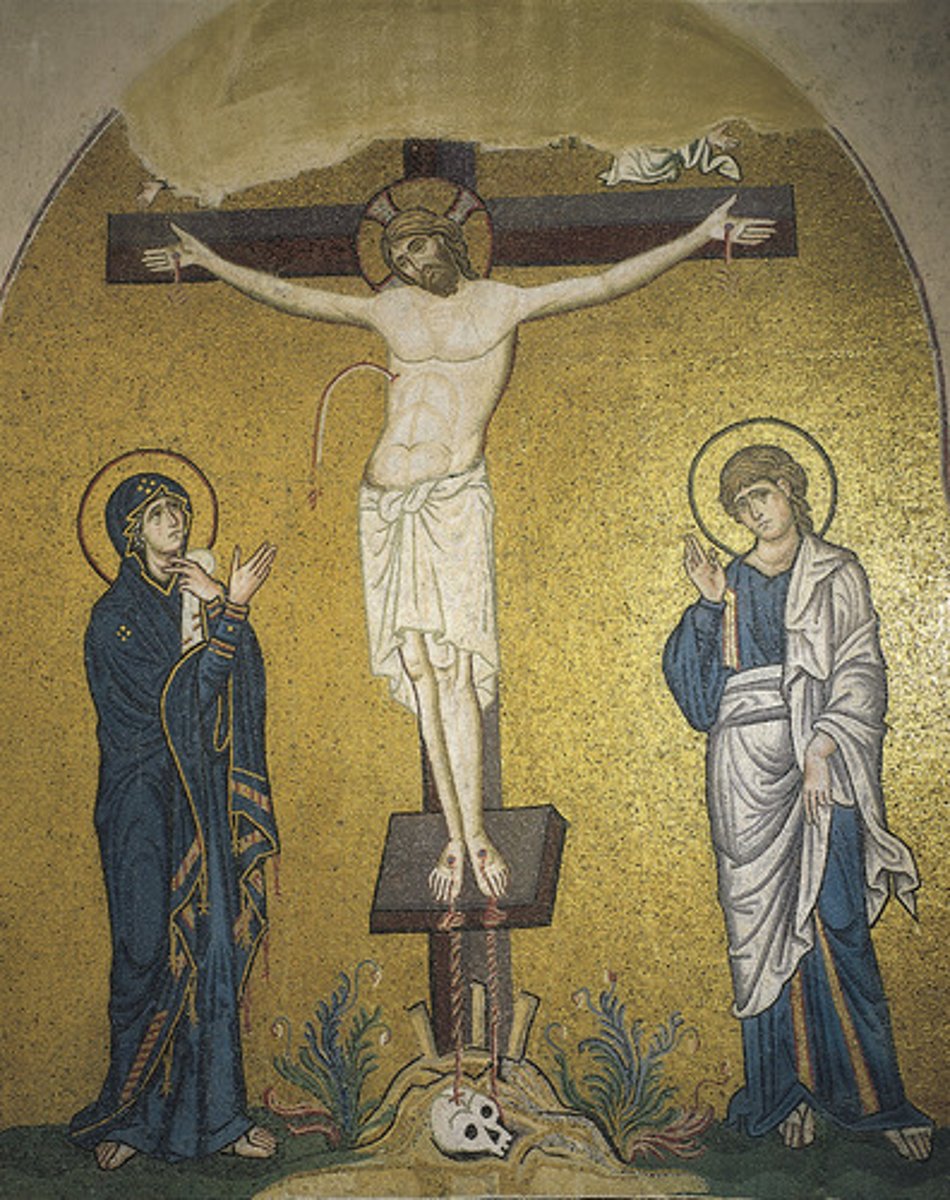
Problem with translation of the Bible
There could be errors in the translation.

NT texts agreed by Early Church, but many other gospels were omitted.
May not have made the right decisions regarding what to include/exclude.

Authority of key figures depends on the Bible’s authority.
Figures may not have had the authority claimed in texts.
Examples of key authoritative figures
- Jesus
-St. Paul
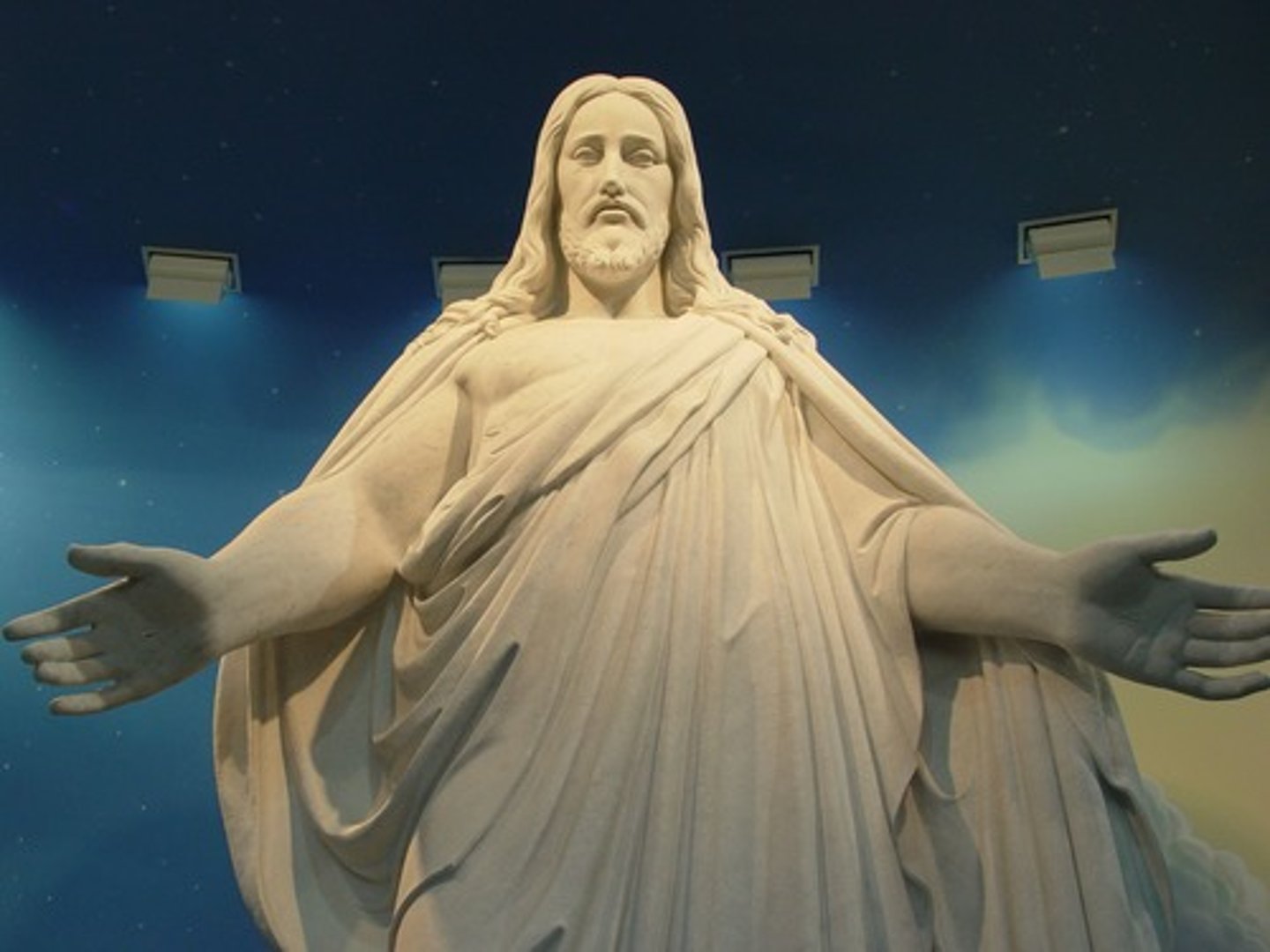
Differing views on the inspiration of the Bible
- God gave the writers the words to write.
- God inspired the writers to write.
- The Bible is a human interpretation of the way God expressed himself through Jesus' life.
God gave the writers the words to write
- Teachings from Jesus and original Gospels were perfect
- But what we see today is a record damaged by human intereference.

God inspired the writers to write
- Only the Catholic Church can correctly interpret the teaching.
- This is because the record is fallible and also contains different styles.
- This means the intention of the writer is not always clear.
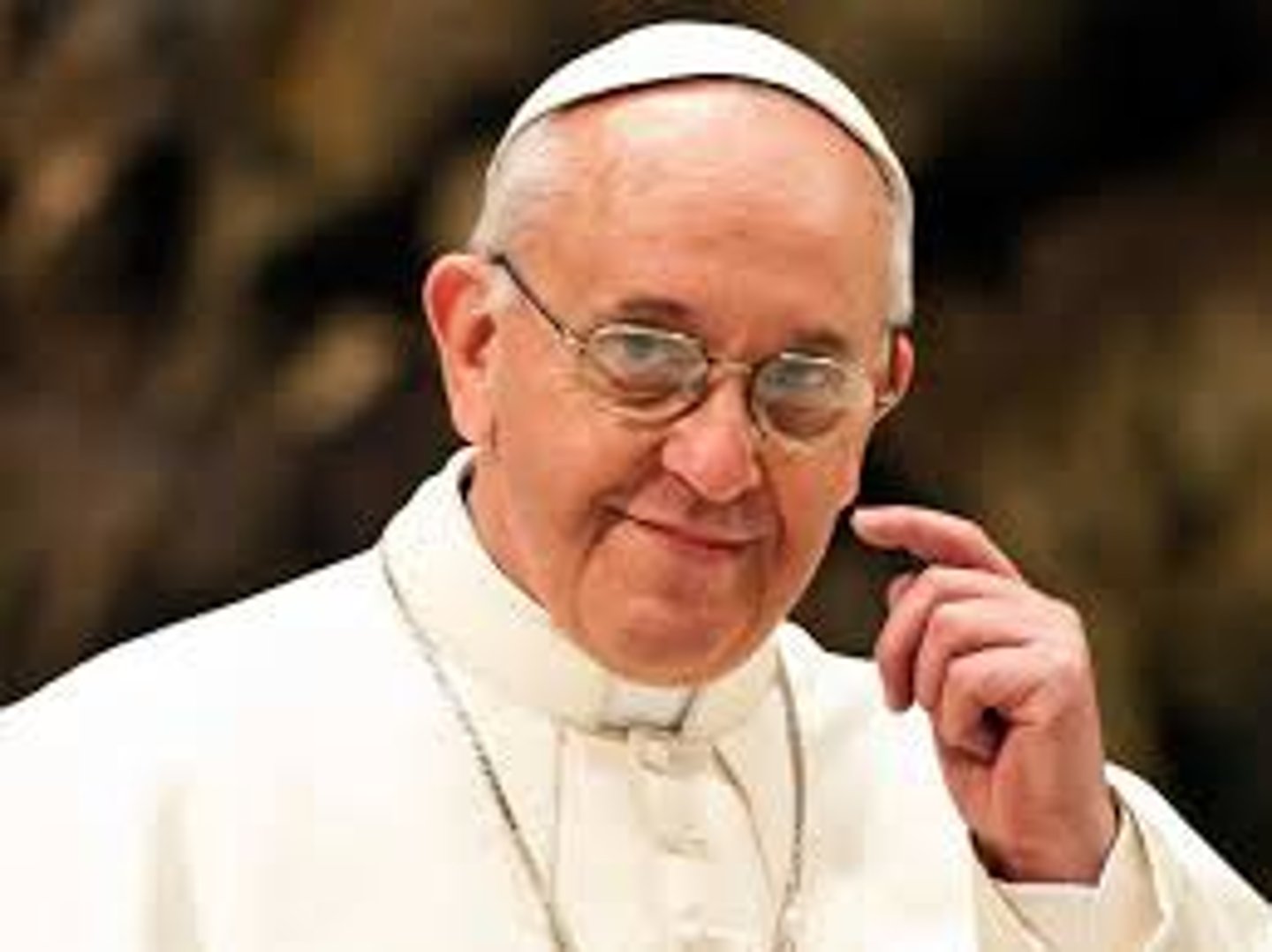
Bible = Human interpretation of the way God expressed himself through Jesus' life
- It is fallible as it is the work of humans
- However it can stimulate personal experience of God, which is authoritative for the believer.
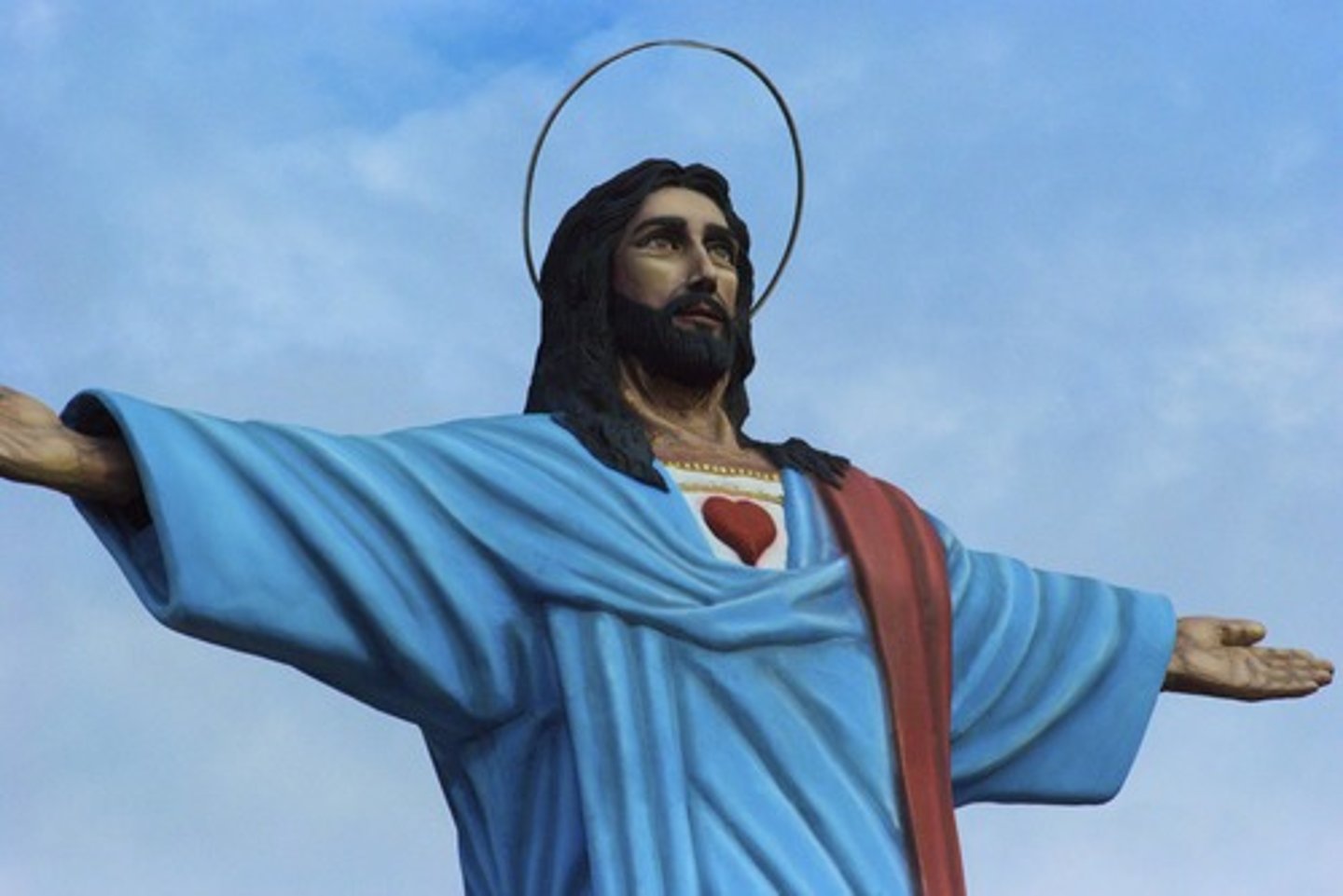
Problem with Biblical authority: Song of Solomon
"My beloved is to me a bag of myrrh that lies between my breasts."

Problem with Biblical authority: Matthew
"You have heard it said, an eye for an eye, a tooth for a tooth. But I say to you... if anyone strikes you on the right cheek, turn to them the other cheek also."
Evangelism
From Greek: "Good message/news" - spreading the good news about Jesus the Messiah.
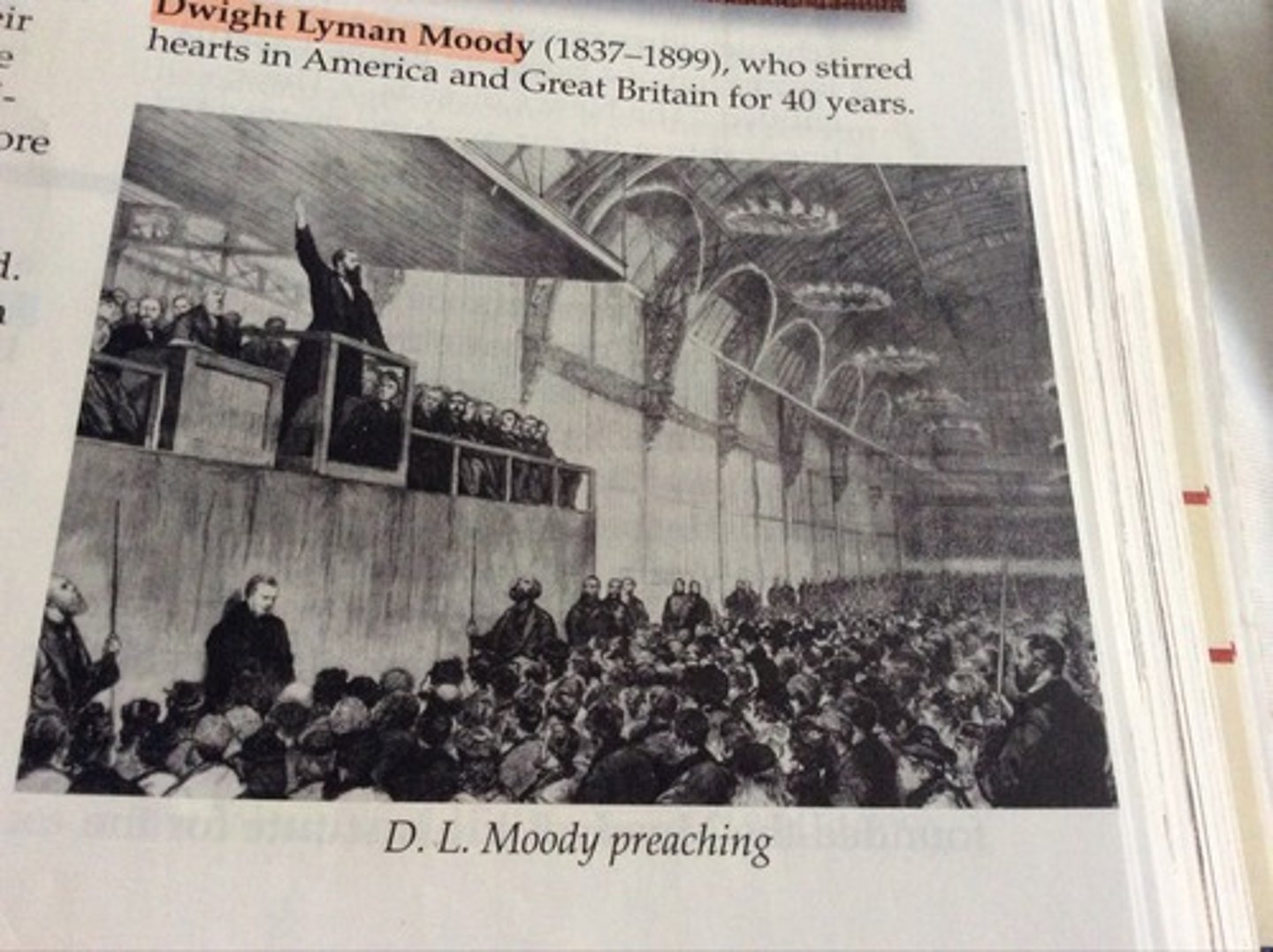
Atonement
Part of St Paul's theology: After Adam's original sin, God and the world were "reconciled" by the sacrificial death of Jesus.

Evangelism: Atonement
After original sin, the world became "reconciled" through the death of Jesus.
Evangelism: Their commitment
Spreading the word about Jesus.
Evangelism: Born Again
Those who are converted are saved from sin by receiving salvation ('Born Again').
Evangelism: Divine Inspiration and Biblical Authority
- Inerrant
- Literally true
- Verbal plenary inspiration
Evangelism: Inerrant
- God literally dictated the books of the Bible
- The authors were "dictating machines"
- Therefore the text is "inerrant" (without error)
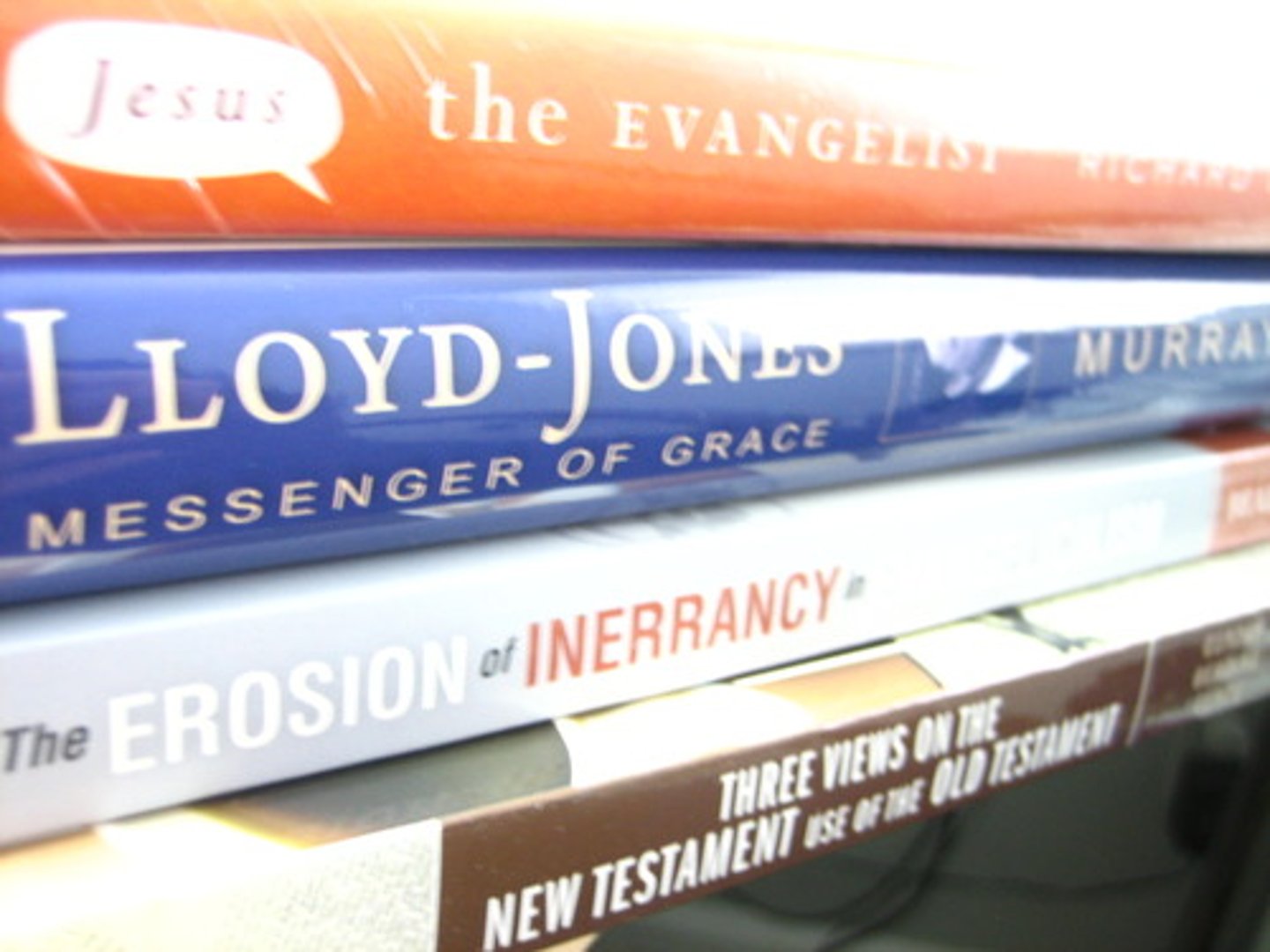
Evangelism: Literally true
- Accounts of creation in Genesis are historically and scientifically accurate in all details.
- Conflict between religion and science = religion as authoritative and dictates what science really is.
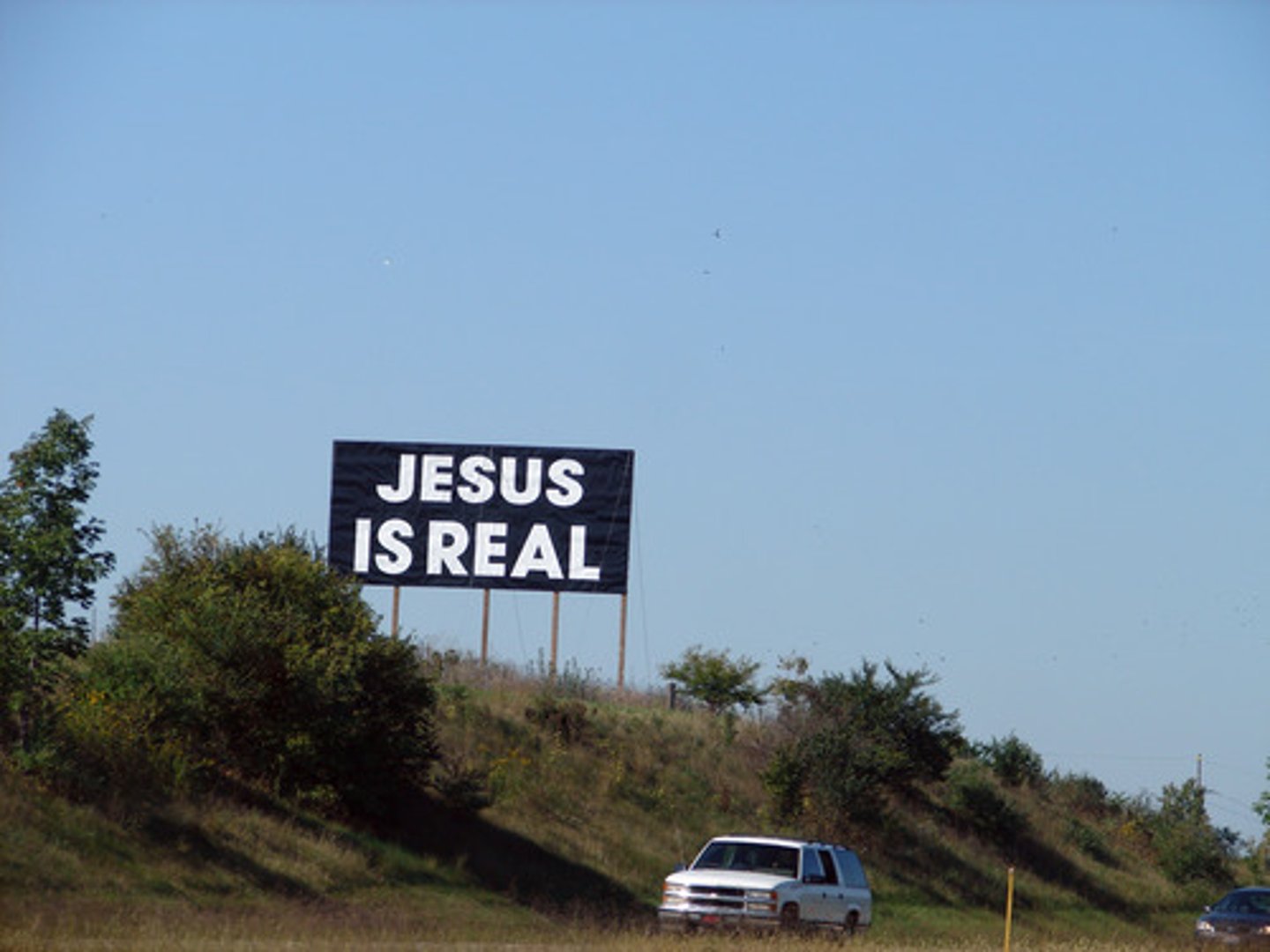
Evangelism: Verbal plenary inspiration
- Plenary = "Full" / "complete"
- So God inspired all of scripture, and everything is a true recording of what happened.
- God inspired scripture, but authors were allowed to express their own personalities.
- E.g. Matthew = Jewish audience but Luke = Gentile (non-Jew) audience.

Quotes supporting Evangelist view
-"All scripture is inspired by God and profitable.. for correction in righteousness" (Timothy)
-"No prophecy of scripture is a matter of one's own interpretation... but men moved by the Holy Spirit spoke from God." (Peter)
Conservative views of Bible's authority and inspiration
- Evangelical Protestantism
- Catholicism
Catholicism: View of the Bible
It is "speech of God" put down in writing under the "breath of the Holy Spirit".
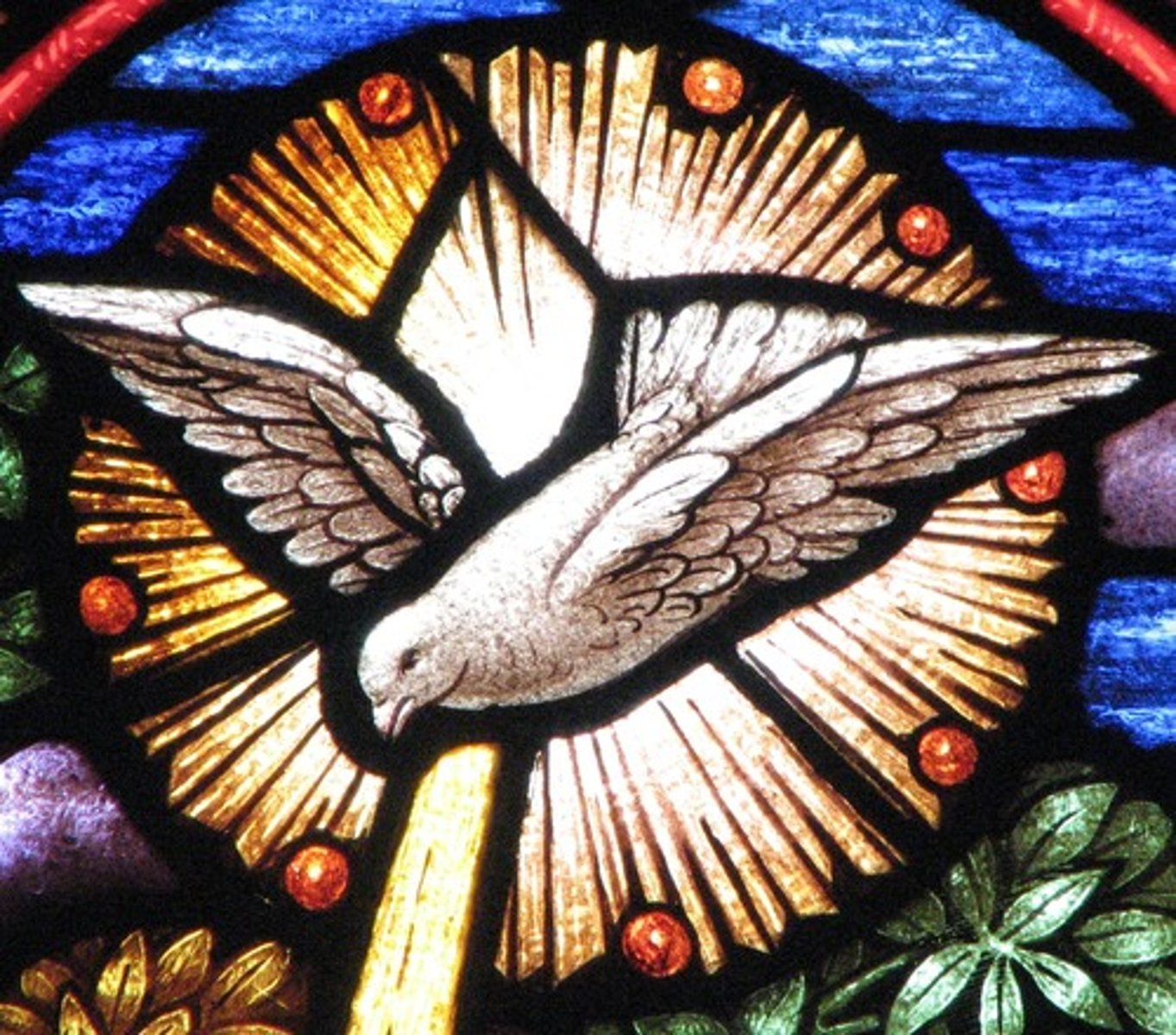
Catholicism: Apostolic Tradition
Jesus' command to his Apostles to preach his teachings to all men.
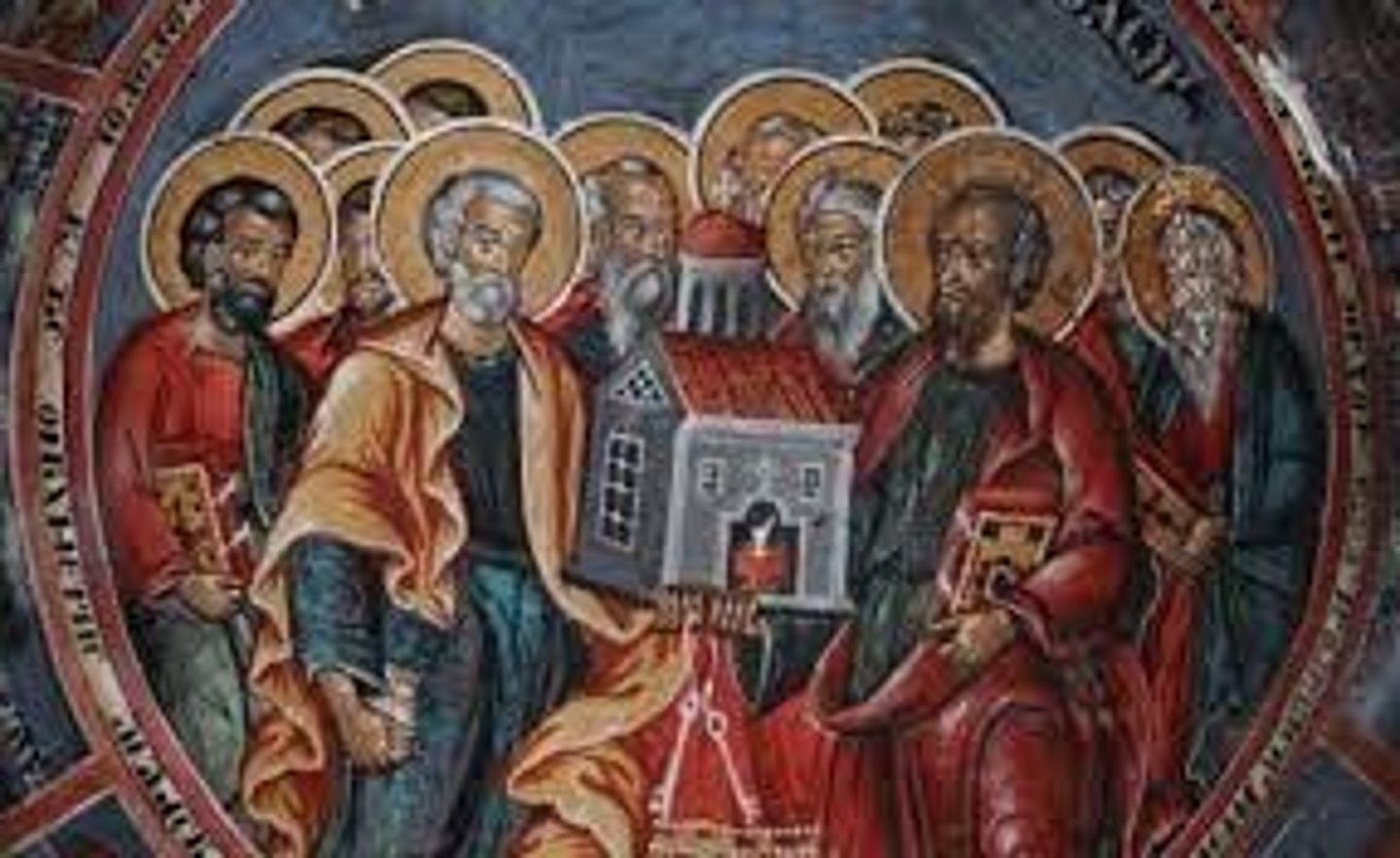
How does Apostolic Tradition work ?
- Given orally by Jesus
- Received by the Holy Spirit
- In writing by Apostles under inspiration of the Holy Spirit
Catholicism: Apostolic Succession
Tradition continued through appointment of successors to Jesus' Apostles, who were given teaching authority.

Are tradition and scripture equal to Catholics?
- Scripture = "Speech of God"
- Tradition = "Active Word" of God
- They therefore share the same authority.
- Scripture remains alive and dynamic through tradition.

Catholicism: Catechism Article 3 (authority)
- Both OT and NT are without error and contain the saving truth
- Truth comes through all literary forms in the Bible
- Over the course of time, mistakes may have arisen, so scripture must be interpreted by the Catholic Church.

Catholicism: Catechism Article 3 (inspiration)
- Sacred scripture is not human word, it is the word of God.
- God chose human authors and inspired them but allowed them full use of their faculties to write what he wanted and no more.

Apostle
Greek for "one sent forth". Refers to the twelve chosen by Jesus during his public ministry as his disciples.
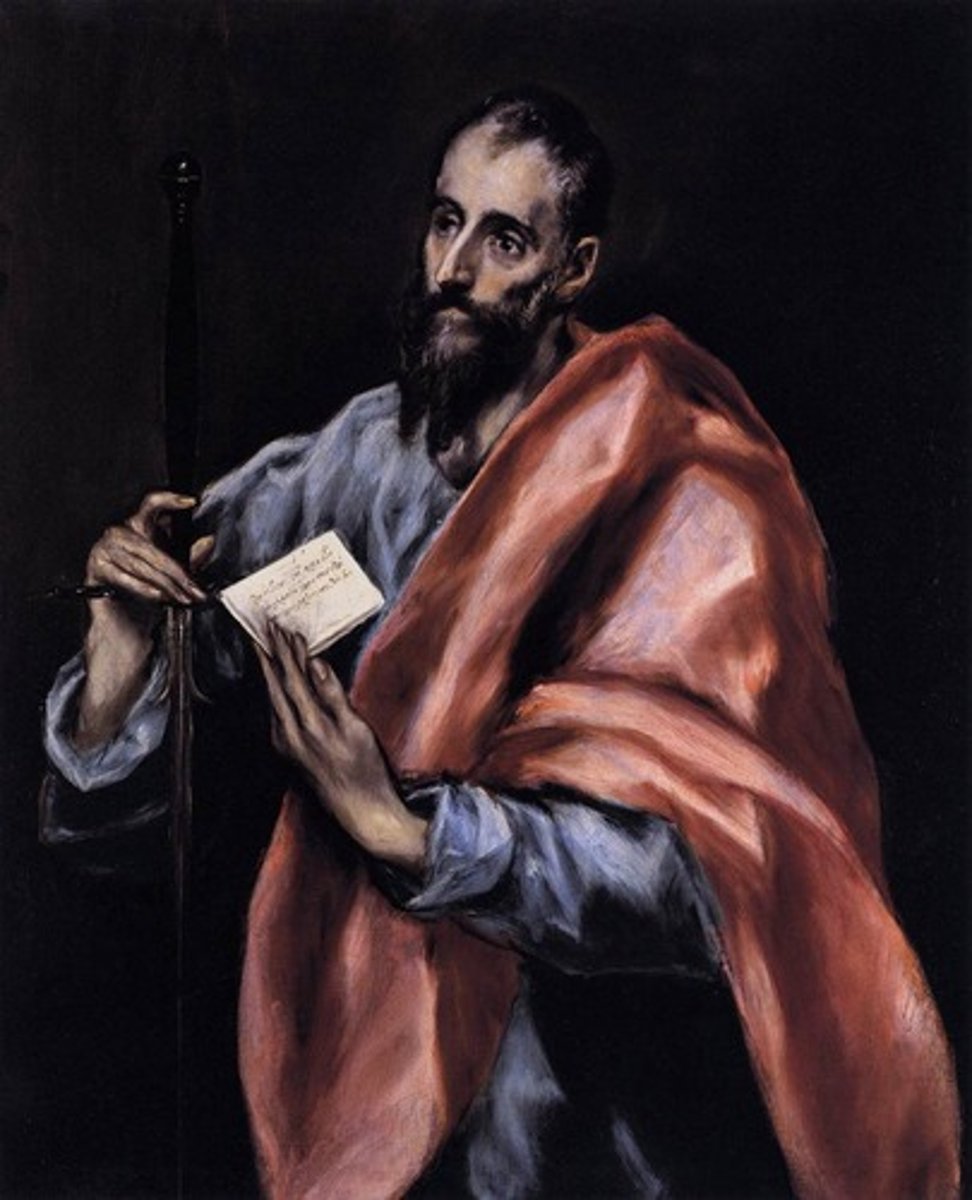
Liberalism
The views of Christians who reject any idea that the Bible is literally the inspired Word of God.

Neo-Orthodoxy
"New-Orthodoxy" - Refers to views of theologians such as Karl Barth, Reinhold Niebuhr and Paul Tillich.
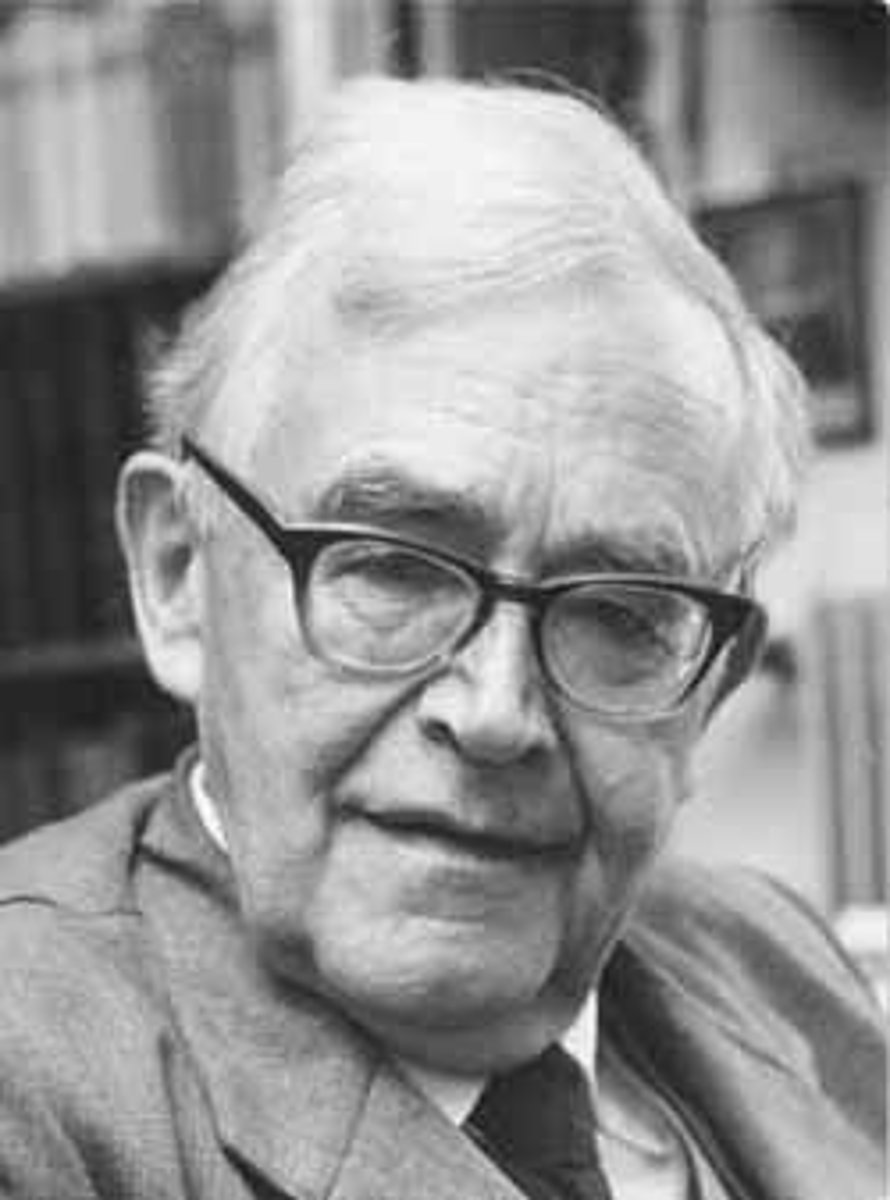
Neo-Orthodoxy: Rejection of conservative approach
Due to historical and scientific errors.

Example of a believed error by Neo-Orthodox Christians
Book of Genesis as the rewrite of an old Babylonian myth.
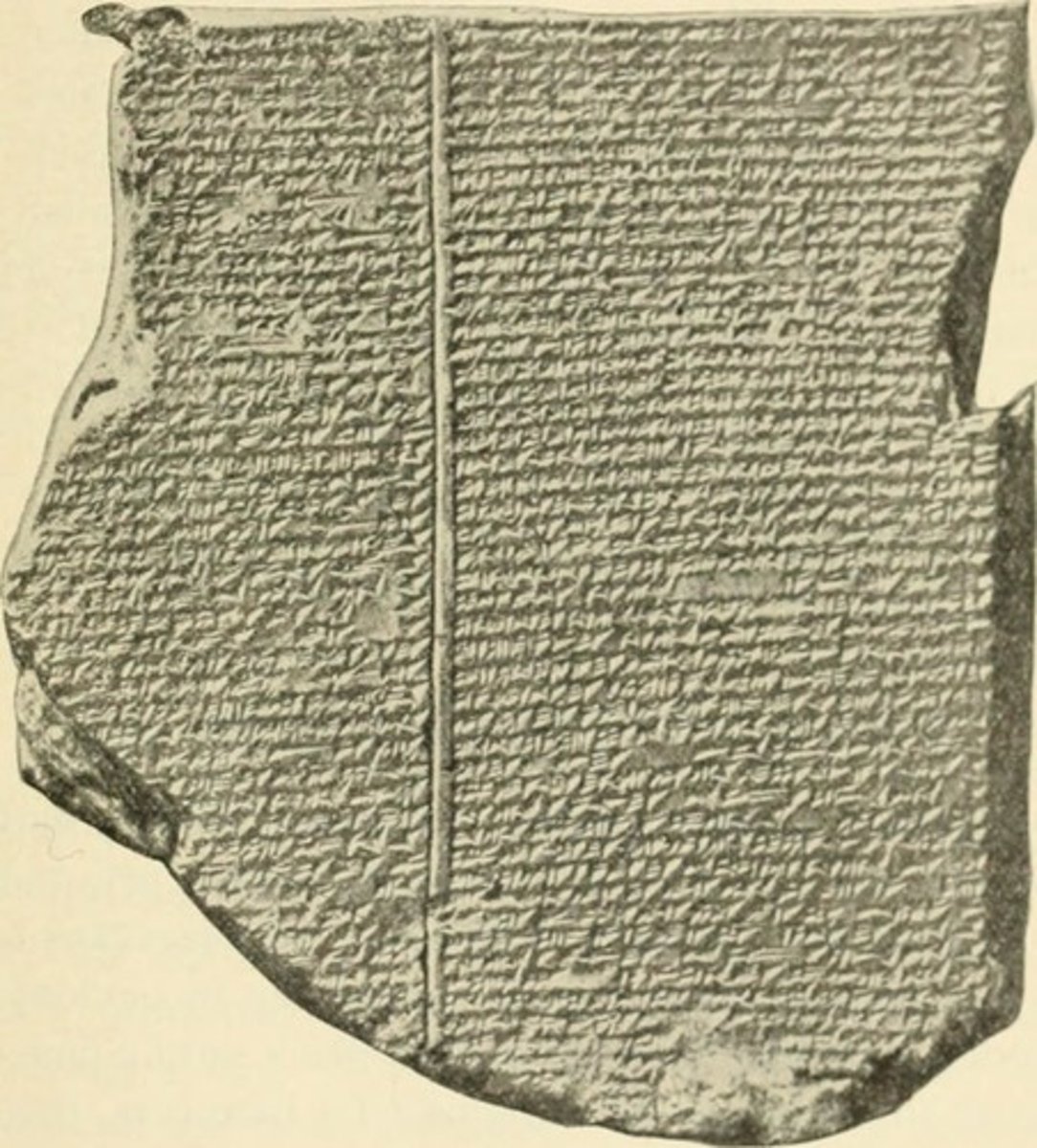
Neo-Orthodoxy: Barth & the Bible
Bible is not the literal Word of God but "contains" it.

Neo-Orthodoxy: Barth & Christianity
Christianity = God's way of reaching humanity.

Neo-Orthodoxy: Authority of Bible
God reveals himself through Jesus, not the Bible.
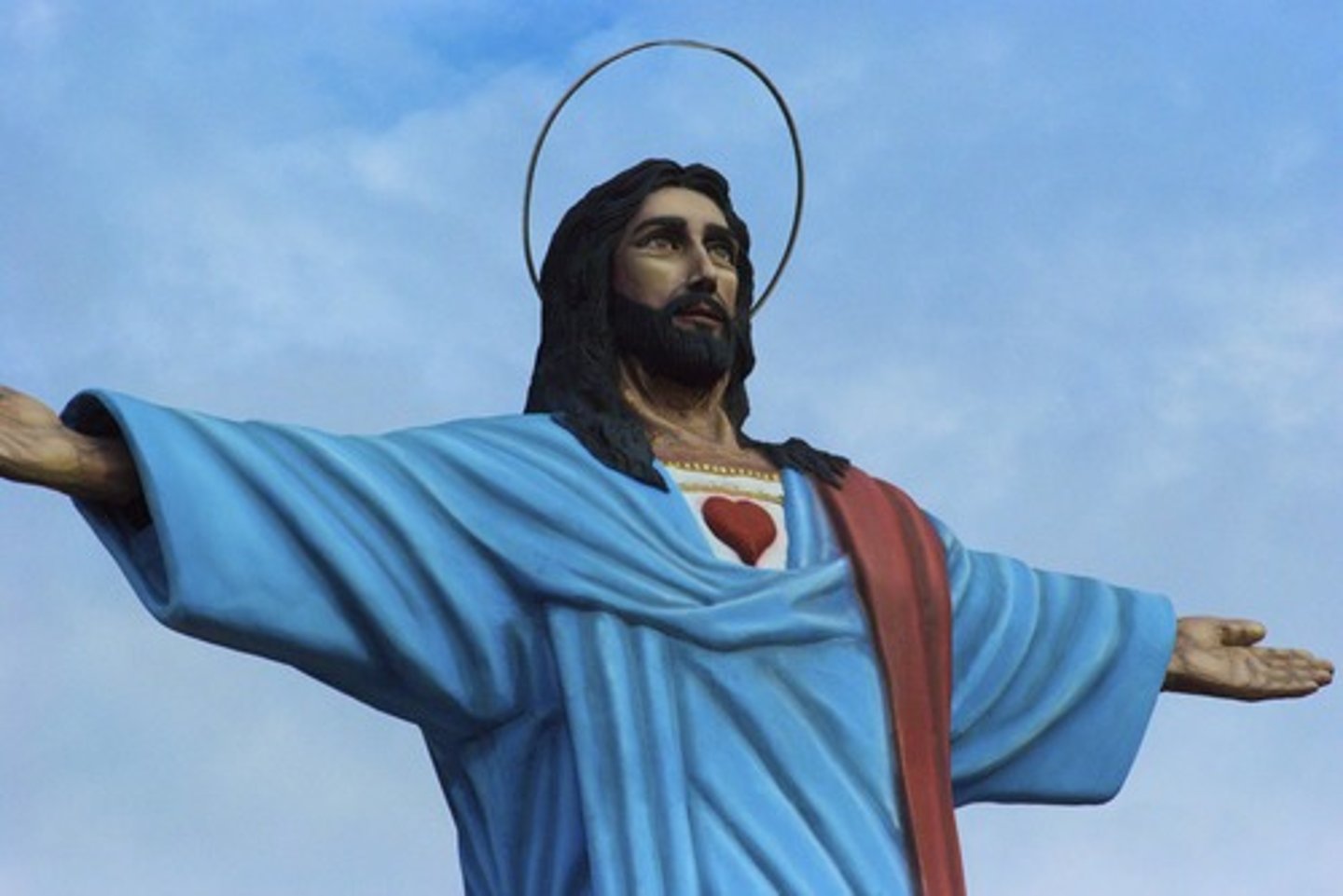
Neo-Orthodoxy: Importance of the Bible
-When reading the Bible, we become aware of the need for forgiveness as sinners and feel the presence of God.
-So scripture = Important as a vehicle through which God can be experienced.

Liberalism: Social Gospel Movement
- Founded by Protestant intellectuals at the end of 19th Century and beginning of 20th Century.
- Applied Christian ethical principles to war, charity, etc.

Social Gospel Movement: Bible's inspiration
Believed action was more important than worrying about which doctrines are true.

Social Gospel Movement: Bible's authority
Their only definitive view of the Bible is its authority for recommending how we should live.

Liberalism: Process Theology
Founded by David Ray Griffin, claims that God & universe exist pantheistically and therefore he is immanent and not omnipotent.

Process Theology: Bible's authority
Accepts there are issues with claims made in Bible and their contradiction with scientific truths.

Process Theology: Bible's inspiration
Bible = Entirely human document, some individuals may find passages inspiring but that is all.

Liberalist views of the Bible
- Social Gospel Movement
- Process Theology
Catholicism: Bible as inspired by God but written by humans
- The Four Gospels (human beings)
- Jeremiah (human concerns of authors)
- 'The Gift of Scripture' (human contribution to scripture = important & must be studied)
- Whole human response to God (result of human authors using their faculties & powers)
The Gift of Scripture's view of human authors
"It follows that in order to understand the word of God in scripture we should seek to know the intention of the human author."
Falliable
Used by Karl Barth to mean "capable of being wrong/mistaken"

Neo-Orthodoxy: Inspiration of scripture
Bible is both "fully divine and fully human."
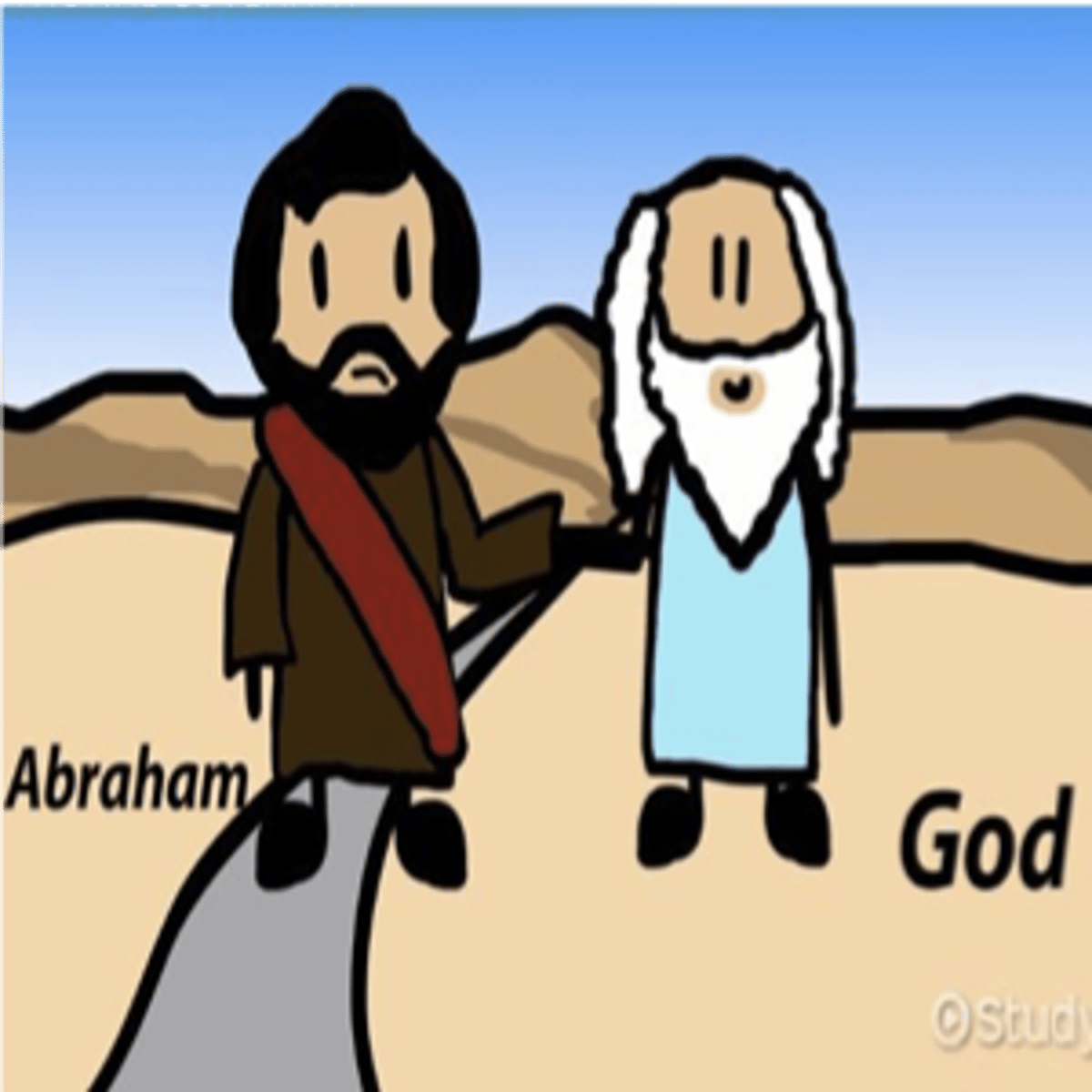
Neo-Orthodoxy: Bible as fully divine and fully human (Joshua Hoffman)
- Bible contains scientific, historical and religious error, BUT its errors (fallibility) are essential to its intended function for believers.
- This is because it prevents humans from setting it up as a false absolute, and leaving revelation under the control of God.
-Therefore human revelation through flawed scripture encourages active faith, not just passive belief in God because we know he exists.
Neo-Orthodoxy: Joshua Hoffman's view of human authors (Quote)
“The Bible is veiled by fallible human words and can only be unveiled by a revelatory act of God."
